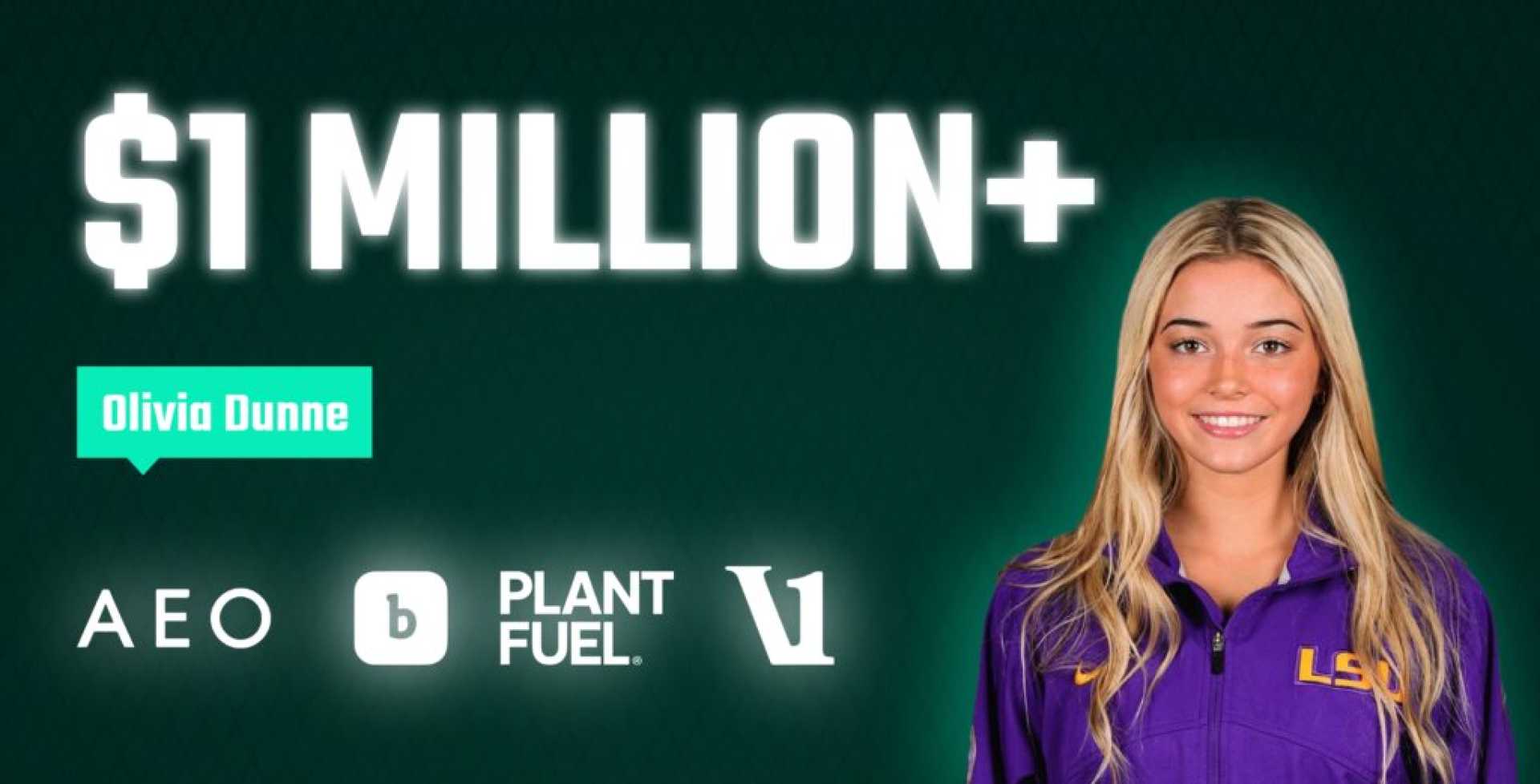Sports
College Sports Commission Eases Rules on Athlete NIL Payments

DENVER, Colorado — The College Sports Commission (CSC) announced on Thursday that it has relaxed its restrictions on college athletes receiving payments from third-party NIL collectives, following a memo sent to athletic directors.
The updated guidelines, which address previous concerns about the potential misuse of NIL rules, will allow collectives to pay athletes as long as the deals involve genuine endorsements that promote products or services for profit. The move aims to clarify how collectives can engage with college athletes, marking a significant change in how these entities operate.
CSC CEO Bryan Seeley stated, “Pay-for-play will not be permitted, and every NIL deal done with a student-athlete must be a legitimate deal, not pay-for-play in disguise.” This shift in policy is designed to maintain competitive balance in college sports.
Under the new rules, each NIL deal will be evaluated individually. Collectives must now provide proof that their agreements with athletes have a legitimate business purpose, a requirement that is meant to prevent wealthy teams from manipulating the system.
In June, a landmark agreement known as the House settlement established a cap on direct payments to athletes, starting at $20.5 million per school for the upcoming academic year. This agreement aimed to regulate how colleges can financially support their athletes.
Some collectives had expressed concerns about an earlier ban that targeted their operations. Hunter Baddour, the executive director of The Collective Association, welcomed the latest changes, calling them “a significant step forward for student-athletes and the collectives that support them.”
Attorneys representing Division I athletes were also part of the discussions leading to the new guidance. They emphasized the importance of adhering to the terms of the House settlement, which seeks to balance opportunities for all athletes across the nation.
As college sports continue to navigate the complexities of NIL payments, this new guidance is seen as a pivotal step in ensuring that student-athletes can receive fair compensation for their name, image, and likeness while adhering to established regulations.












